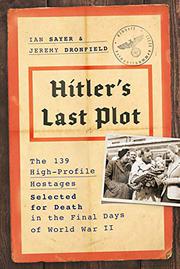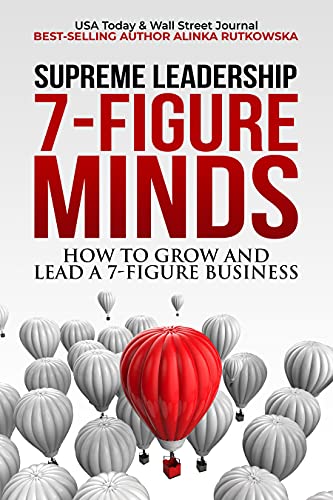
Military historian Sayer (co-author: Nazi Gold: The
Story of the World’s Greatest Robbery—And Its Aftermath, 1984) and
biographer/historian Dronfield (The Stone Crusher: The True Story of a
Father and Son’s Fight for Survival in Auschwitz, 2018) examine a
little-known episode in the final days of Nazi Germany.
Readers familiar with the history of the Third Reich will know
that various German officers and diplomats floated offers of a separate peace
and conditional surrender to the Western Allies. Less familiar is a desperate
operation, ordered by Hitler himself, to use “Prominenten”—important
prisoners of the regime such as French socialist leader Léon Blum and the
opposition pastor Martin Niemöller, to say nothing of a couple of British
officers fortuitously named Churchill—as bargaining chips to be used in
negotiation, and killed if negotiation failed. The prisoners were both civilian
and military, including officers of the Red Army, the Greek government, and
Great Britain, the last having become specialists at escape from previous
internments. Gathered from various prison camps around the Reich, the “VIP
hostages” were taken south into an area that was a supposedly impregnable
mountain fastness where the Reich would resist the Allied invaders
indefinitely. As it happens, that resistance crumbled, and
139 Prominenten survived. The authors’ prose is mostly serviceable,
but the story that unfolds is engaging not just for the facts, but also for the
possibilities: What if the Nazis had stuck it out in their alpine strongholds
and actually played their chips? Of particular interest is the closing chapter,
a sequence of denouements that are sometimes surprising and sometimes grimly
inevitable: The Soviets executed a couple of their imprisoned generals, with
one “rehabilitated” 16 years afterward, so that “he was unable to benefit from
the decision,” while one of the erstwhile captors involved himself in a postwar
organization that supported fugitive war criminals such as Adolf Eichmann and
Josef Mengele.
A footnote to history that will interest students of World War
II.






Add comment